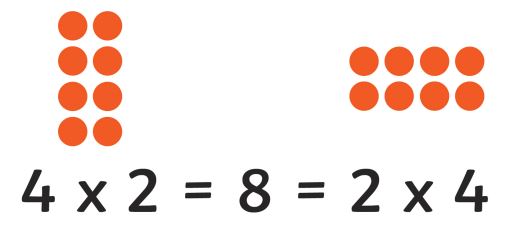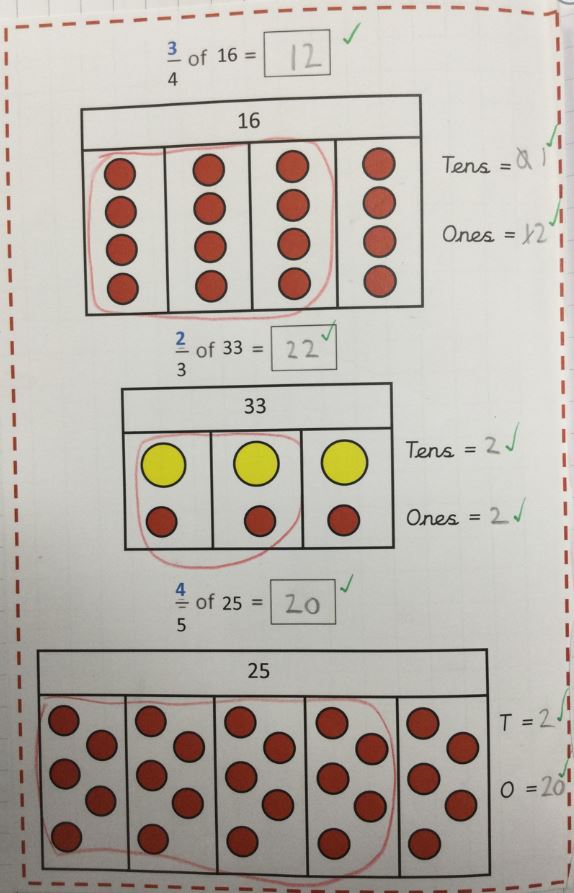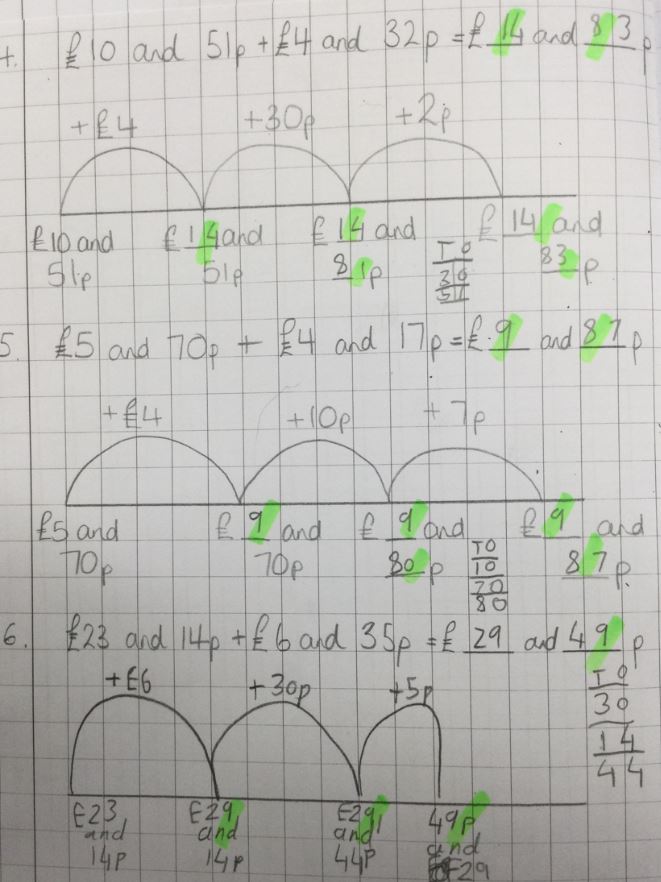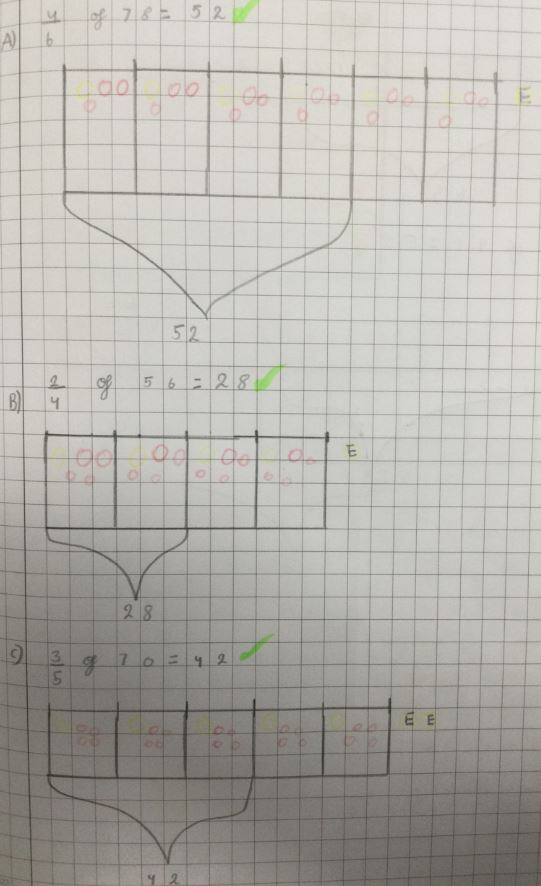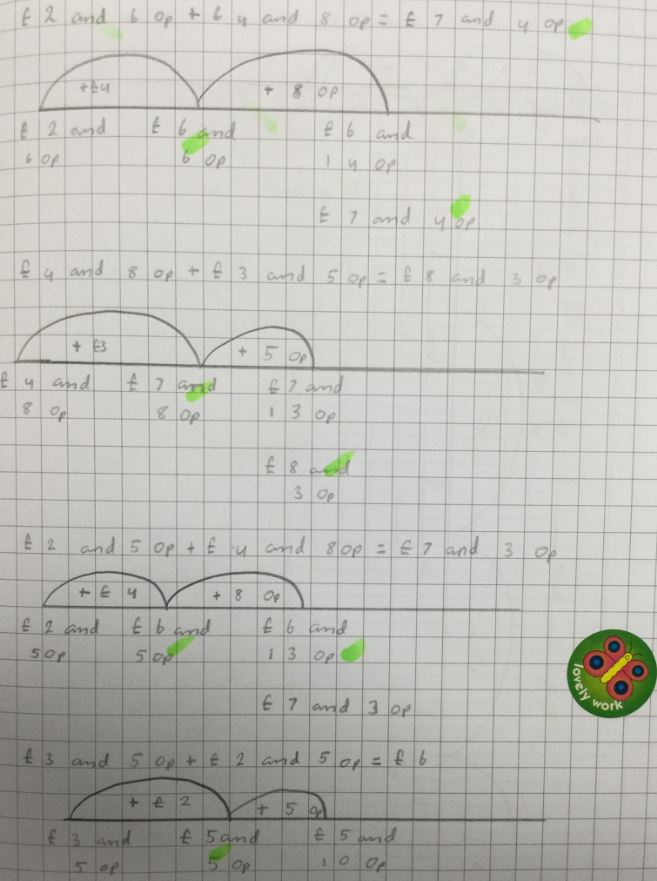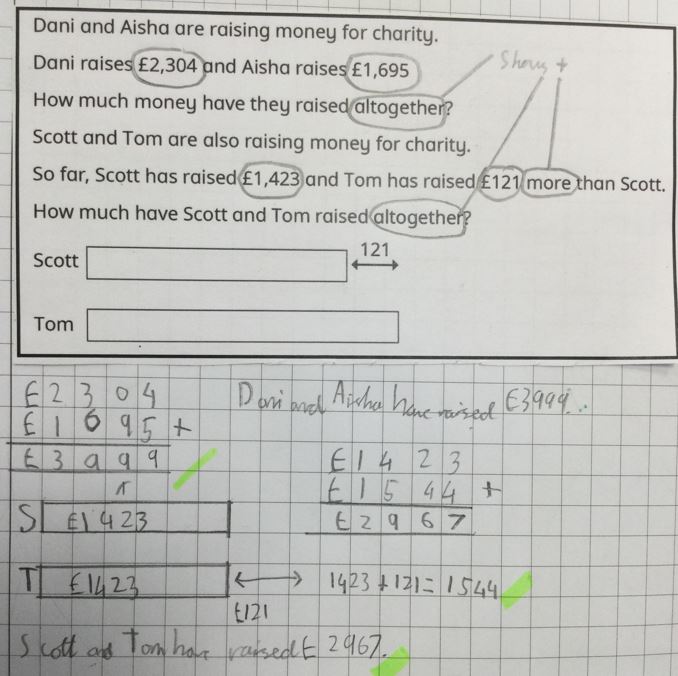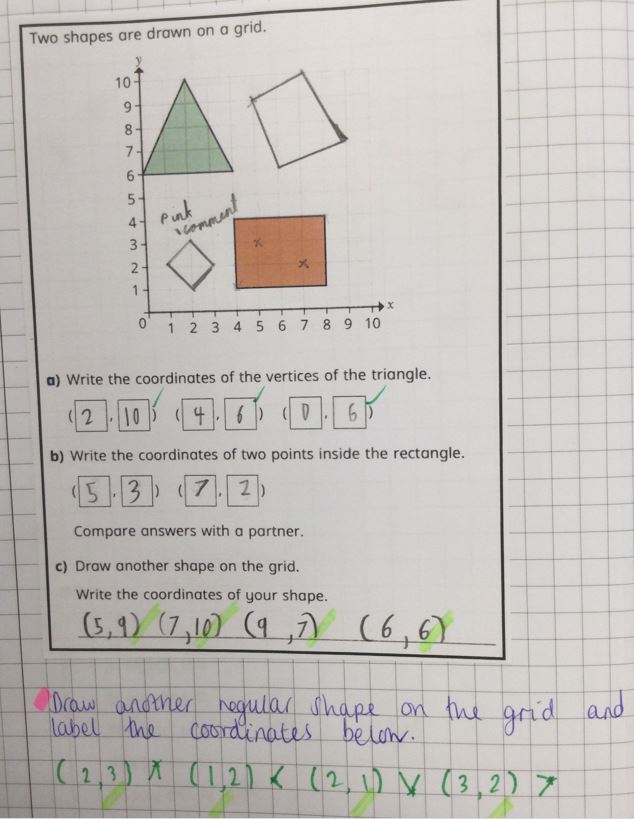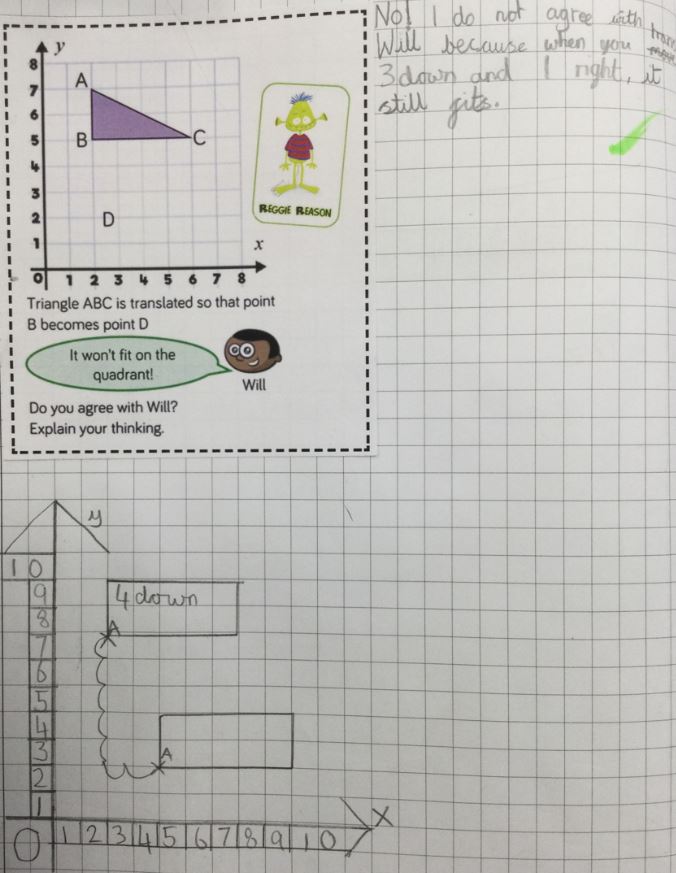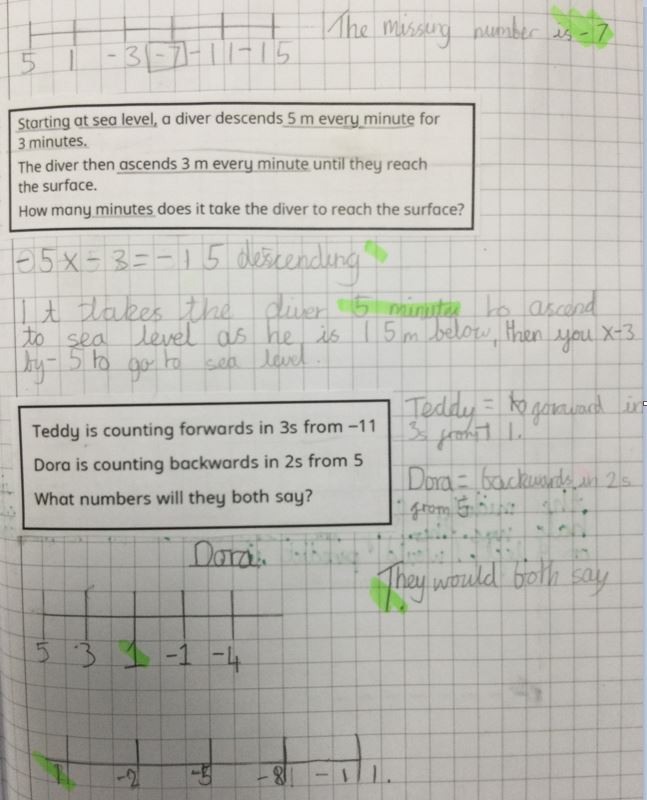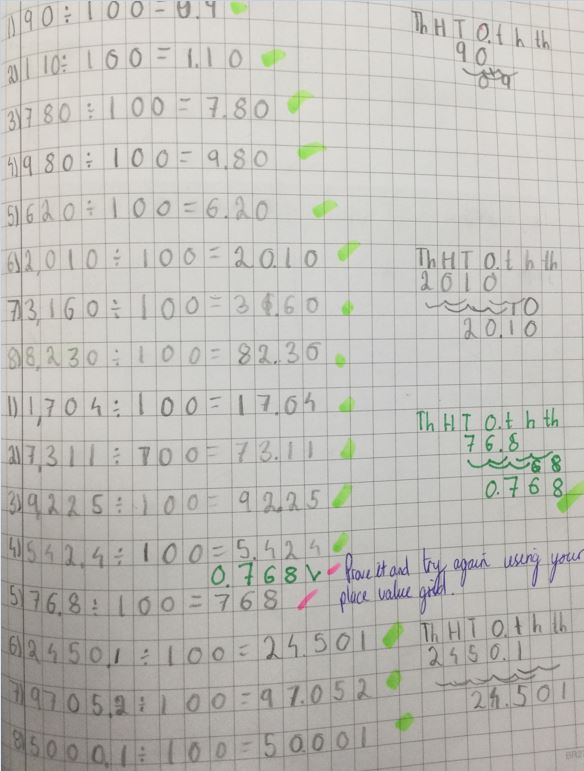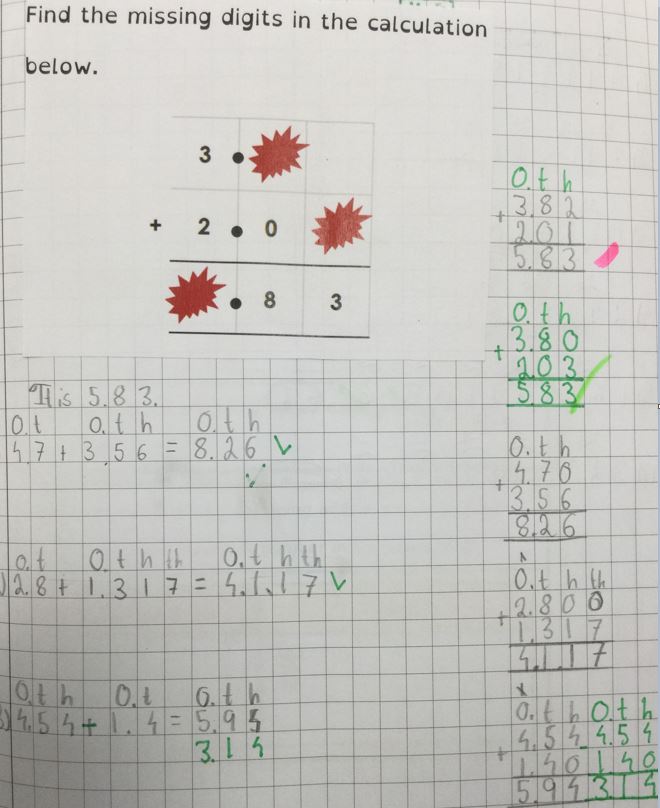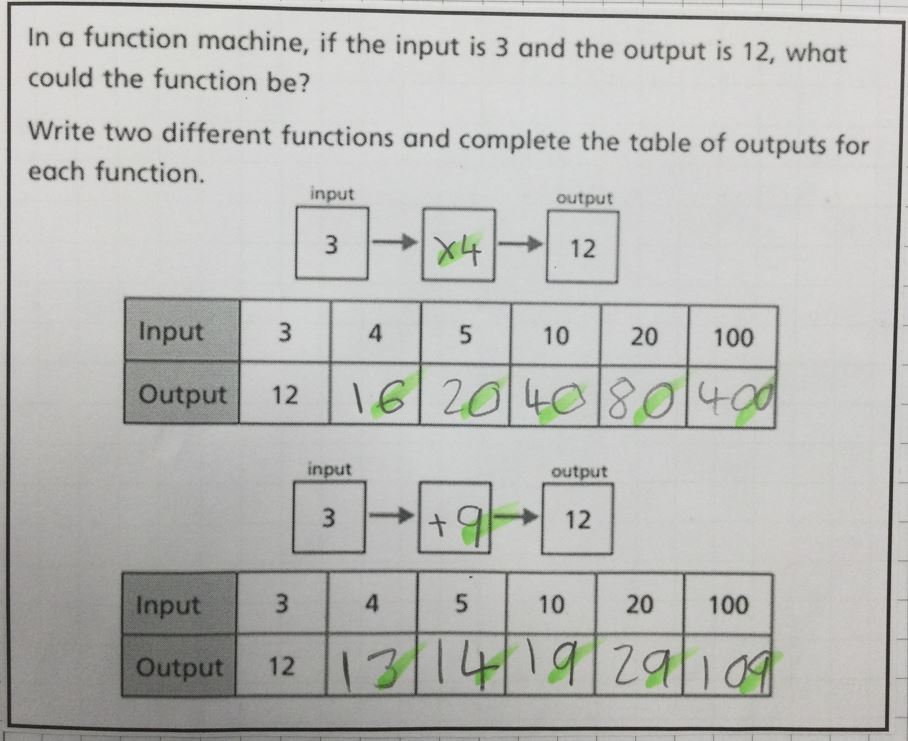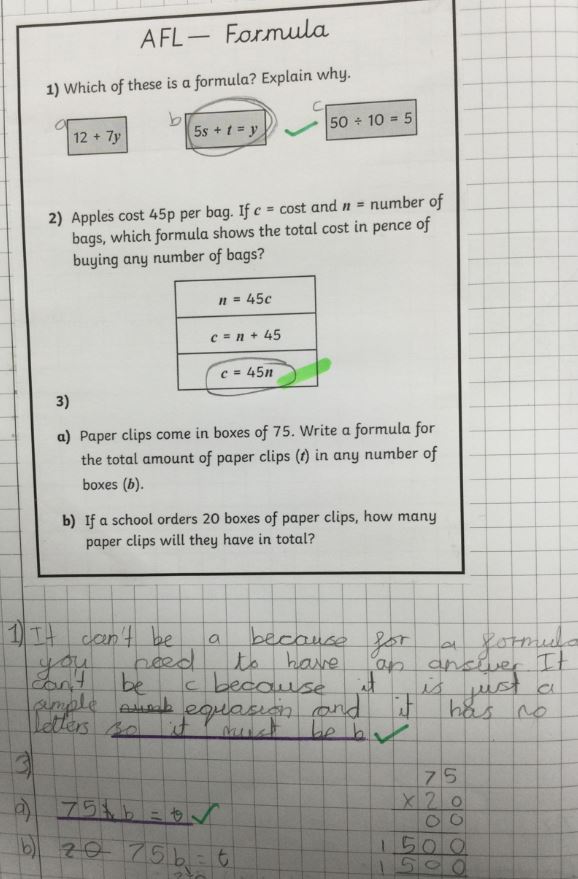Maths
At Fairisle Junior School, our maths curriculum is designed to provide children with the opportunity to develop their mental maths skills, fluency, reasoning and prepare them for the wide variety of problem-solving opportunities that they will encounter in their lives. In school, we follow the National Curriculum and use White Rose Schemes of Learning as a guide to support teachers with their planning and assessment. Our children experience a sense of awe and wonder as they solve a problem for the first time, discover different solutions and make links between different areas of mathematics.
Key features of our Maths curriculum:
- Number sense and place value come first.
- Pre-assessments when appropriate to ensure the children are appropriately challenged.
- Focus on verbalising understanding using mathematical language.
- Problem solving and reasoning is central.
- CPA (concrete, pictorial, abstract) approach to support children with conceptual understanding.

White Rose Maths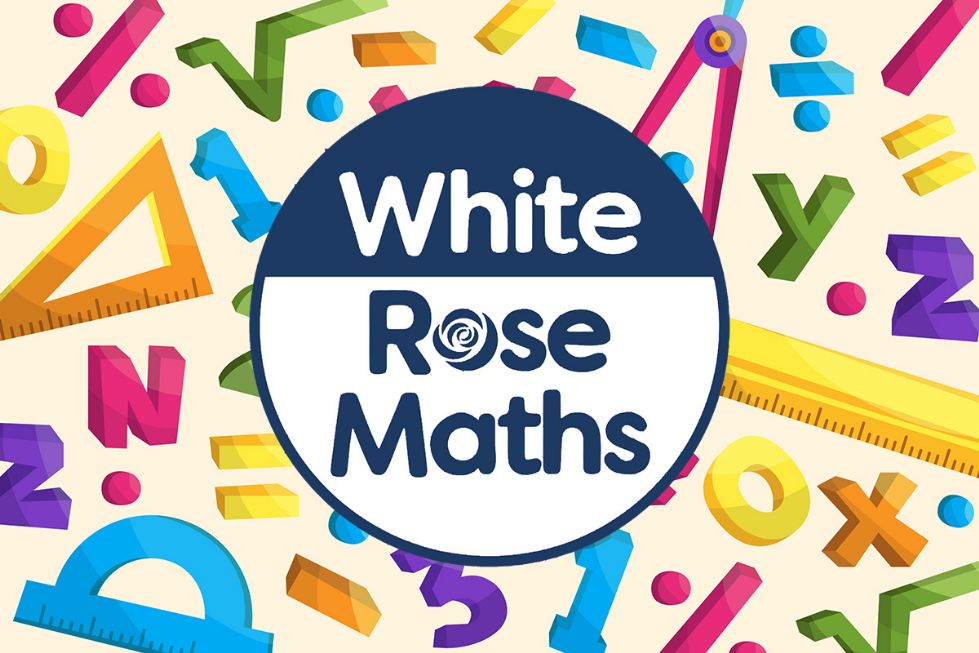
White Rose Maths is a scheme of maths learning that is used in 90% of UK primary schools. Leading maths practitioners and researchers have put the scheme together with the aim of increasing children’s confidence, enjoyment and success in maths.
Each year group has a ‘scheme of learning’ for the year, which is separated into blocks that cover different maths topics. Time is dedicated to building strong number skills at the start of the year, as these are essential core skills that lay a foundation for more complicated learning later on. Each block of knowledge is divided into small steps. These small chunks of learning are related and built upon over time.
Although we follow the White Rose overviews at Fairisle, we use them flexible so that we do not move children on too soon and spend time to consolidate learning where appropriate.
Times Tables
Being able to recall times table facts fluently really does help children in other areas of maths, making it easier for them. The National Curriculum sets out what children need to know and when:
- Year 2 – by the end of Year 2, children should be able to recall and use multiplication and division facts for the 2, 5 and 10 multiplication tables
- Year 3 – by the end of Year 3, children should be able to recall and use multiplication and division facts for the 3, 4 and 8 multiplication tables
- Year 4 – by the end of Year 6. Children should be able to recall multiplication and division facts for multiplication tables up to 12 × 12
We explicitly teach times tables and help children to see the links between different known facts, for example if you know that 2 x 6 is 12, you know that 4 x 6 is 24 (double 12). Having these facts readily available is crucial for children’s success in moving on to more complex maths. We aim to make learning fun by using games and songs to help the children remember. The Law of Commutativity means that there are fewer facts to learn as if you know that 4 x 2 = 8, you also know that 2 x 4 = 8!
In Year 4, children have a Multiplication Tables Check in the Summer Term. This is an online, on-screen assessment that check children’s ability to fluently recall times tables up to 12 x 12. There are 25 questions and children are given 6 seconds to answer each question. This check helps us to understand which children know their times tables. It also helps us to identify any children that may need additional support to learn them.
Times Tables Rock Stars
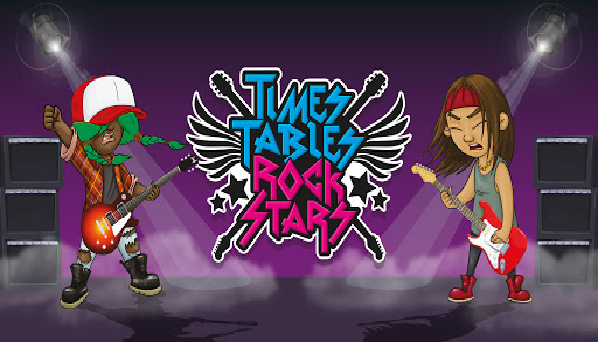
To help the children learn their tables in a fun and engaging way, we have invested in Times Tables Rock Stars. Children have their own logins in their school planner. Times Tables Rock Stars is an online maths platform where children practise their tables. It helps them to recall their times tables with speed and accuracy. We use Times Tables Rock Stars in school and encourage children to also use it at home to support their times tables learning.
There are lots of games that the children can play. Garage Mode supports progress through the times tables at a pace appropriate to the children. This is particularly helpful when children are beginning to learn their tables. If children are practising their tables up to 12 x 12, they should then focus on developing their speed and rock status in Studio Mode.
When children play games they earn virtual coins so that they can personalise their rock avatars and move up the rock leader board. We set up regular tournaments and celebrate achievements and successes in our weekly celebration assemblies.
Take a look at some of our Maths learning:


